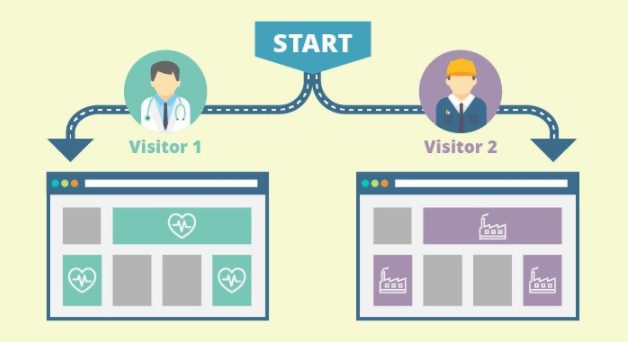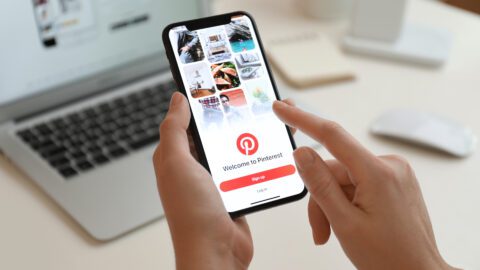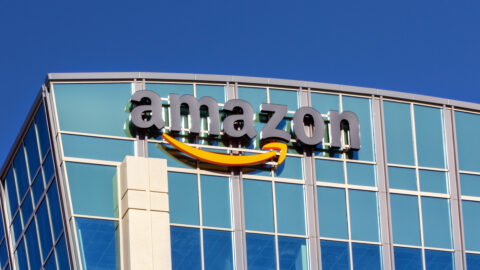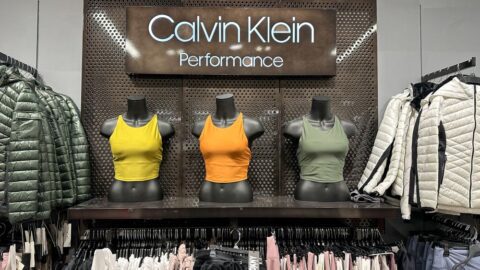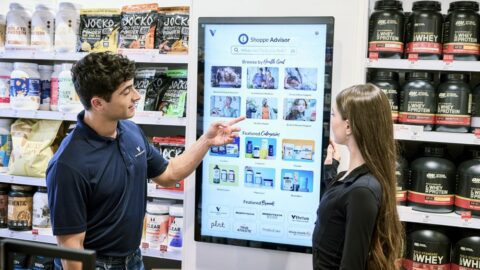[Image source: ScienceSoft]
Retailers, analysts and consumers alike consistently tout personalization as necessary to shaping the customer experience, and marketers agree: 96% believe personalization advances customer relationships. Among marketers, 88% say they realize a measurable lift in business results from the strategy, according to Evergage.
More than half (53%) of these businesses report a personalization lift of greater than 10%; for 10% of respondents, the lift exceeds 30%. Of the 200+ marketers interviewed:
-
63% increased conversion rates;
-
61% improved overall customer experiences; and
-
57% increased visitor engagement.
These tangible benefits mean organizations will rely even more heavily on personalization in the future. As many as 73% of marketers think personalization should be a bigger priority in their organization, up from 64% that said so in 2016. Nearly half (46%) say their personalization budget will increase next year (up from 35% last year), while 50% say their budget will stay the same.
55% Of Marketers Say Personalization Efforts Need Improvement
Despite the benefits it brings, 55% say the industry still isn’t getting personalization right. Nearly half (46%) give their company’s personalization efforts a “C” grade or below — although that’s an improvement from the 55% that gave this grade in last year’s study.
Just 30% report being “very” or “extremely” satisfied with the level of personalization in their marketing efforts. Marketers say that top impediments to expanding their company’s reliance on personalization include:
-
Lack of budget: 53%;
-
Lack of personnel: 52%;
-
Lack of knowledge/skills: 41%; and
-
Access to data: 34%.
To execute their personalization initiatives, 67% of marketers solely use rule-based personalization, designed to deliver experiences to specific groups or segments of people based on the manual creation of business rules. Among marketers exclusively applying rule-based personalization, 32% plan to begin using machine-learning-driven personalization in 2018.
Only 13% rely exclusively on machine-learning personalization, using algorithms and predictive analytics to dynamically present recommendations and experiences at the individual level. Currently, 20% of marketers use both rule-based and machine learning.



